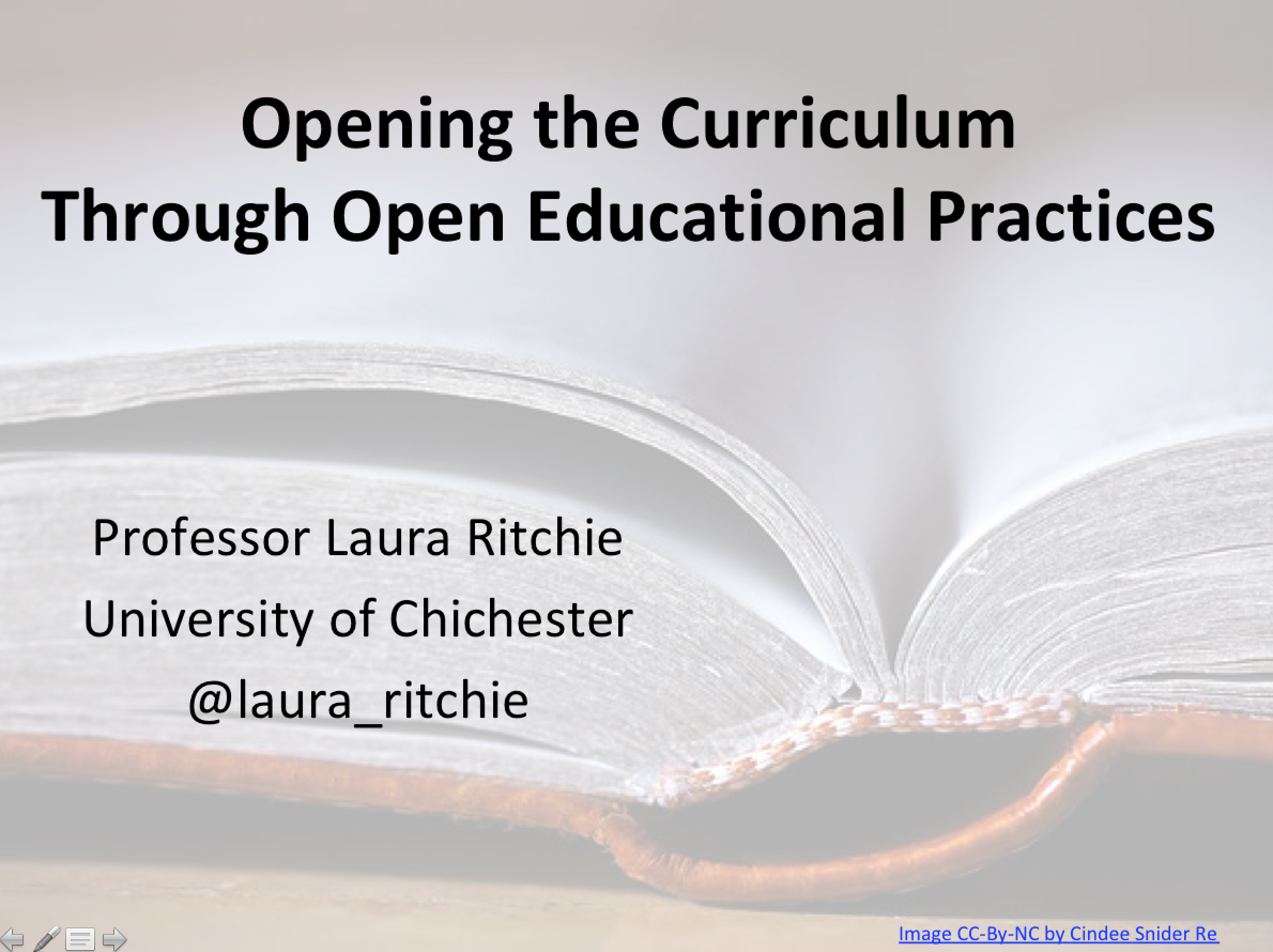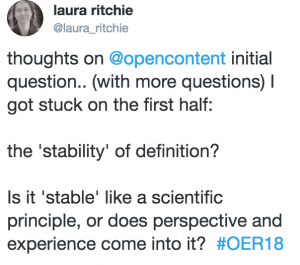I had the (undeserved) privilege of being introduced to a poet and music lover who exceeds any ordinary music listener’s, and even most performer’s knowledge of groups, their influences, and their impact on music and life. Reuben Jackson is a curator, an archivist, and has long written and spoken about jazz. He was curator for the Smithsonian Jazz collection for 18 years, and so an invitation to speak to him was something not to pass up.
This year I’ve been teaching a new class (new to me) and naturally I’ve re-vamped it considerably from what I inherited. What does that mean? Homework for me. Research. Buckets of it. At least I can tell my students I’ve done at least 10 hours of homework a week. I hope they do too 😉
What you find below is the audio and the transcript of my talk with Reuben. Questions are in bold, so you can scroll through and pick the ones you are interested in. There are SO MANY names and references to people and works. I really do recommend you follow up on them and learn. Be a sponge. Challenge yourself – especially if you hadn’t considered crossing, and certainly not straddling the jazz / rock divide.
Enjoy! and huge thanks to Reuben for his generosity, both with his time and sharing his experiences and knowledge. For me it’s people and their living stories that make history come alive. (I also talked to Reuben about his upcoming book, and that segment will appear in another post)
Reuben Jackson Interview (with Laura Ritchie)
Tuesday 16, October, 2018
(ringing)
Good morning Felix Grant Jazz Archives.
-Hi, this is Laura Ritchie, I’m ringing for Reuben.
Yeah, hi, how are you?
-I’m very well. Thanks for making time to chat. And of course permission to share the call – I’m happy to transcribe it.
Oh absolutely. That’s fine.
-Thank you
Read More »Talking Jazz and Rock with Reuben Jackson








